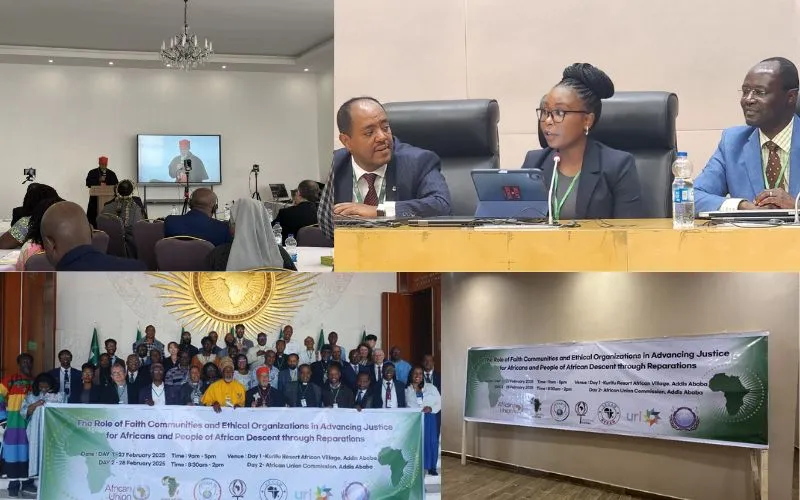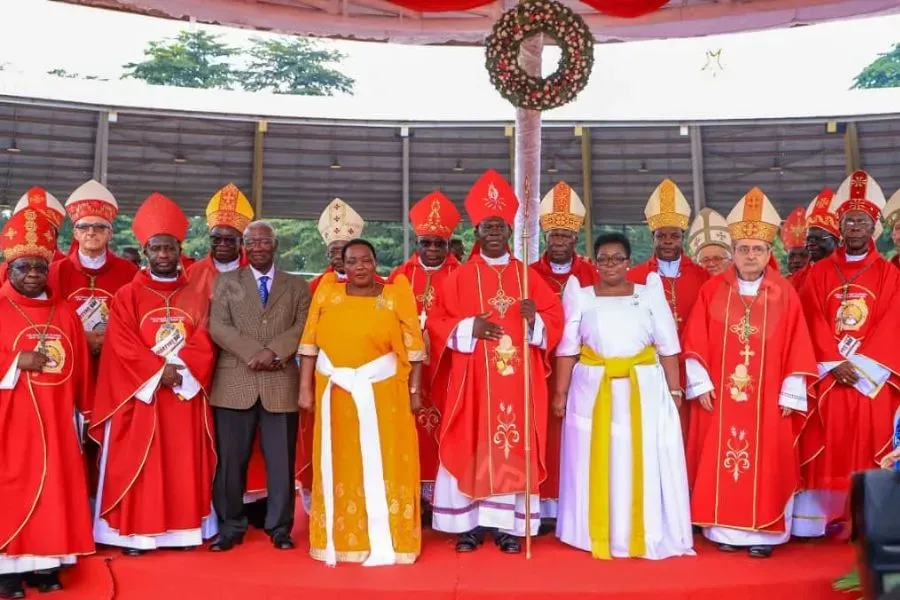Addis Ababa, 04 March, 2025 / 5:19 pm (ACI Africa).
Pope Francis’ Encyclical Letter on care for our common home, Laudato Si’, is foundational in addressing ecological reparations stemming from historical injustices, including those in Africa, a Kenyan Catholic environmentalist has said.
In her presentation at the February 27-28 workshop, which brought together Catholic Bishops from across Africa and representatives of other faith-based organizations, among others, the Programs Manager of Laudato Si’ Movement in Africa emphasized the need for collective efforts in addressing the continent’s ecological debt.
“The reality of ecological debt in Africa demands urgent and sustained action from all stakeholders – governments, corporations, faith communities, and civil society,” Ashley Kitisya said on February 28.
Ms. Kitisya said that “Laudato Si’ provides a moral and theological foundation for advocating ecological reparations, emphasizing care for creation and justice for the most affected.”
The Laudato Si’ Movement official highlighted the preferential option for the poor among the key themes of the Encyclical Letter, stressing that the most vulnerable bear the greatest burden of environmental degradation.








